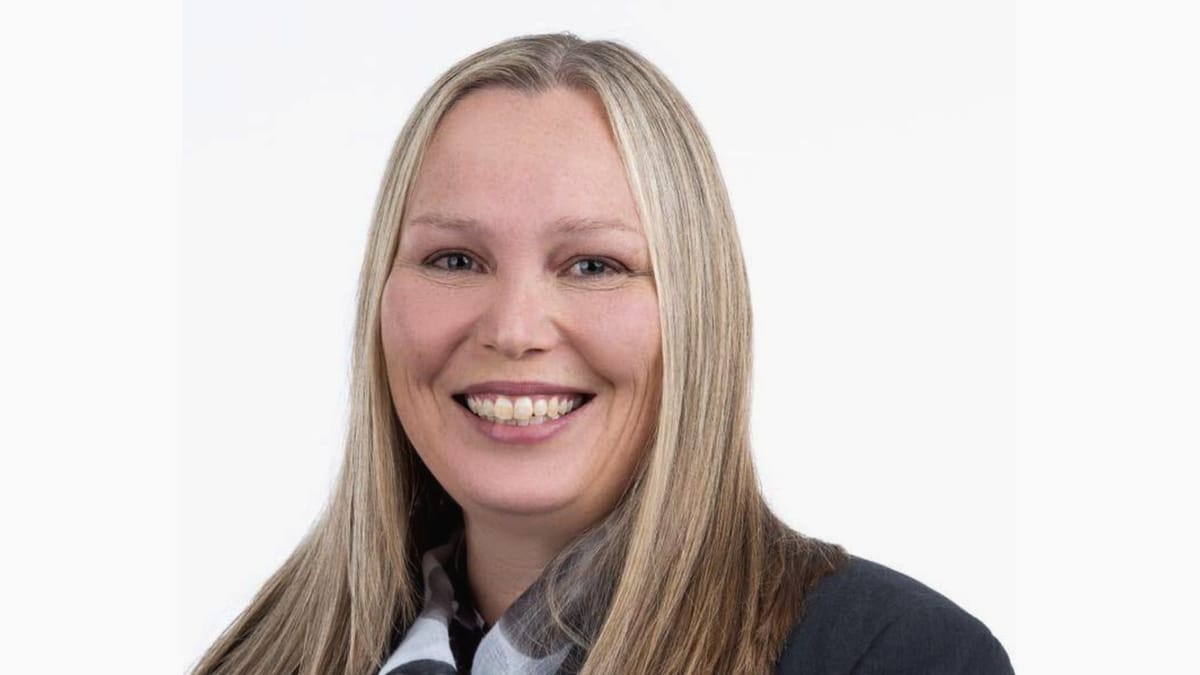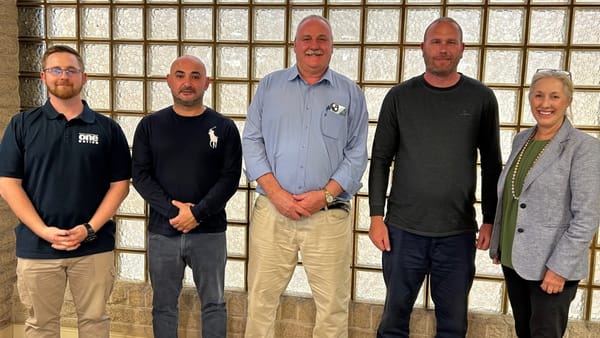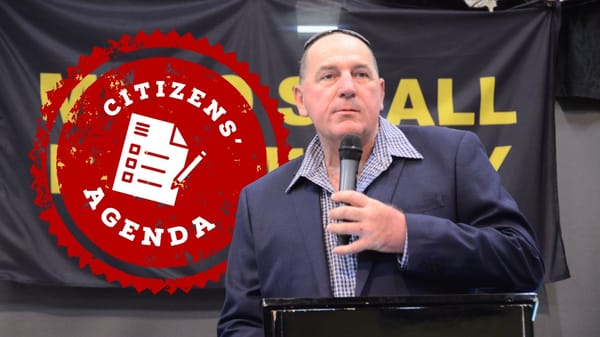Strengthening local government matters now more than ever
Mid Murray Mayor Simone Bailey calls for state and federal governments to do more to prop up South Australia's financially unsustainable local government sector.

This column was contributed by Mid Murray Mayor Simone Bailey, and is the author’s personal opinion.
I don’t use the word “crisis” lightly, but it’s hard to ignore the warning signs.
Across South Australia, local government is under increasing pressure, from financial strain and political tension to cultural challenges within the sector itself.
Yet amidst all this, it’s important to remember: local government remains one of the most trusted, community-connected, and essential tiers of government we have.
At Mid Murray, I believe we’re bucking the trend.
Our council has a strong team of elected members, a clear direction, and we’re making real progress toward long-term financial sustainability.
That doesn’t mean the road has been easy – it hasn’t – but we are heading in the right direction.
Still, when I look across the state, I see a sector under stress.
ESCOSA has so far assessed 49 councils in South Australia.
Just 24 have been deemed financially sustainable.
That statistic should be sounding alarm bells across every level of government.
We await the results for the final group of councils early next year, but in the meantime, can anyone point to a coordinated, state-wide strategy to respond?
Where is the action plan to help councils navigate these challenges?
And yet, despite these financial headwinds, councils continue to deliver.
From maintaining local roads and parks to running libraries, supporting community events, collecting waste, and providing essential water and sewerage services, every day, councils step up where others step back.
This is the strength of local government: practical, people-focused, and place-based.
But we can’t keep doing more with less.
Meanwhile, we've seen three mayors resign in just a few months, and countless councillors walk away across South Australia.
That’s deeply concerning; it sends a clear message to anyone considering public service that it’s simply not worth the stress, scrutiny, or strain.
To some, the pay reflects that sentiment.
Councillors in SA receive an annual allowance between $8000 and $30,000, based on population, with no superannuation.
Mid Murray sits somewhere in the middle of that scale.
It’s scant recognition for what is, in reality, a demanding and highly visible role.
While mayors earn more, still with no superannuation, the hours, responsibilities, and public exposure seem to exceed the compensation.
The vast majority of elected members are community-minded people doing their best with limited resources and rising expectations, but when councils make headlines for the wrong reasons, it undermines the whole sector, and we risk losing good people.
Rather than genuine partnerships, what we too often see from the other levels of government is finger-pointing and political convenience.
Whether it’s making inflammatory claims about a council selling disability housing – which isn’t a council core role – or sparking outrage over playground closures, the narrative is often unhelpful and incomplete.
Add to this a recent expectation that councils bury some community members for free, or fund major roads we simply can’t afford, or deliver critical infrastructure without being able to collect rates on power-generating developments, it all feels like a growing burden without shared accountability.
Then there are the hidden costs.
Councils collect the state’s landscape levy, a tax we don’t control but must administer, and each council charges differently, adding confusion and inequity for ratepayers.
In Mid Murray, we even fill community fire tanks at council cost.
That’s a double hit, because residents already pay the emergency services levy and so does council, for every property we own.
Despite all of this, I truly believe in the power of local government.
I’ve seen firsthand how it transforms lives, supports community, backs small business, and responds when no one else does.
Whether it’s disaster recovery, community programs, or simply beautifying our streets and towns, it’s often councils that quietly make it happen.
So while I may not have a clever closing line, I do have a challenge and a call to action.
We need a genuine, collaborative partnership between local, state, and federal governments, one grounded in respect, shared responsibility, and long-term thinking.
It’s time to invest in the leadership and governance of local councils: better support for elected members, consistent and enforceable behavioural standards, and reforms that build capacity, not just enforce compliance.
The clock is ticking.
With local government elections around 16 months away, we risk losing dedicated representatives unless meaningful change begins now.
We can’t afford another cycle of patchwork fixes and avoidable conflict.
To restore trust, attract capable candidates, and strengthen our communities, we must show that local government is something worth believing in, and I truly believe it is.
I’ll keep advocating, keep asking the hard questions, and keep calling it out when I see something that isn’t right because local government matters.
Our communities deserve more than crisis, they deserve commitment, courage, and collaboration.




